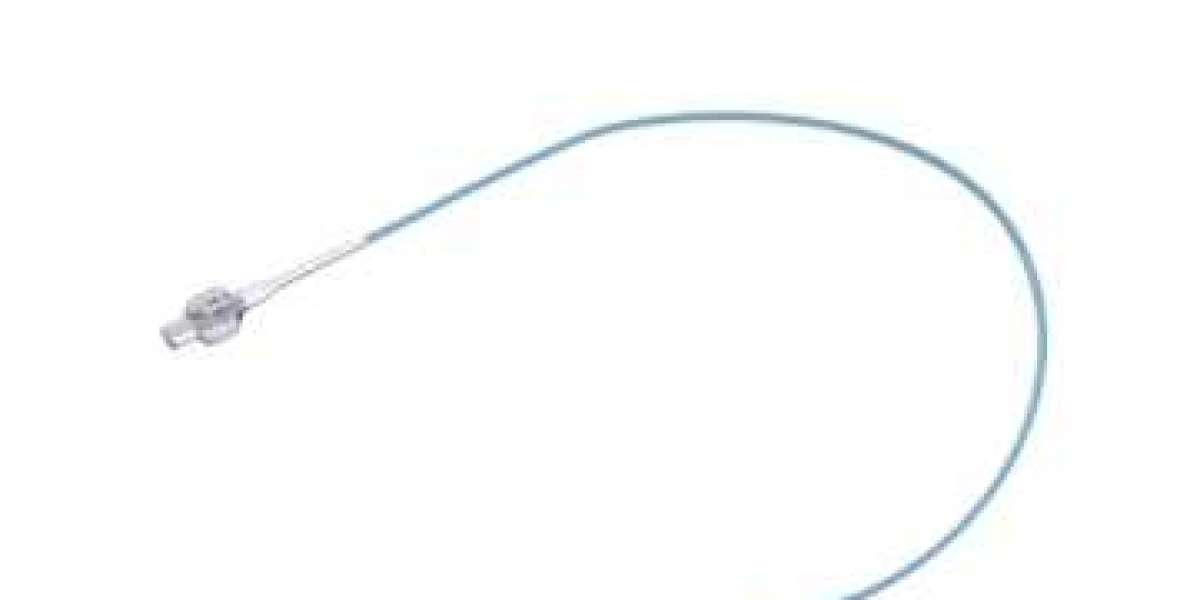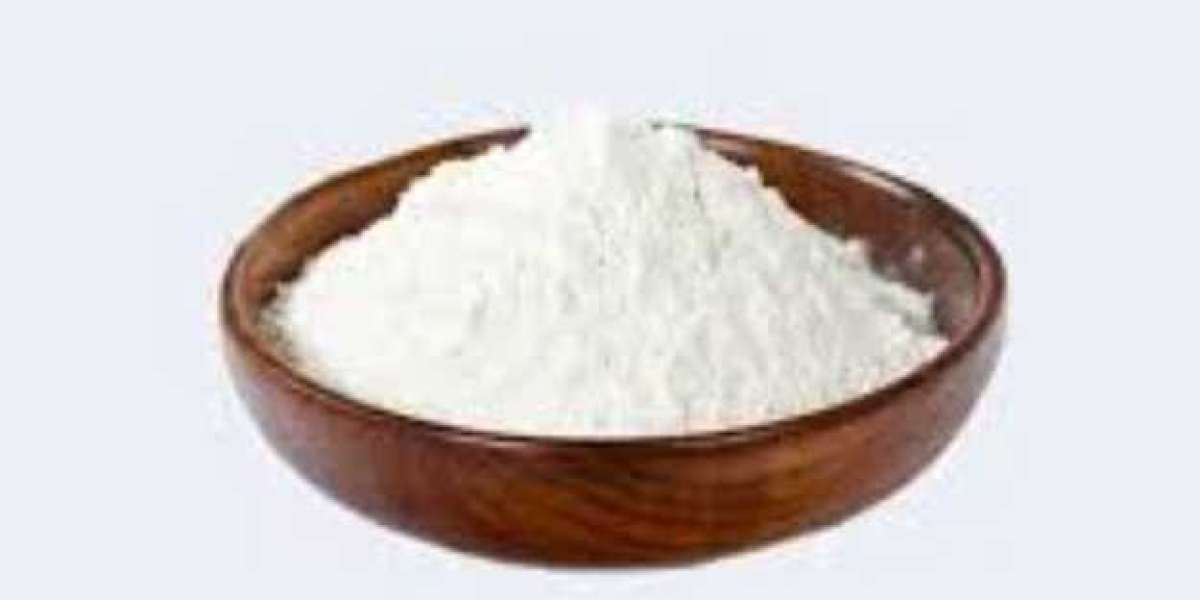Quick Details of Peripheral Angiographic Catheter
Type - JL/JR/TIG
Brand - Penty
Manufacturer - Barty Medical
MOQ - 50pcs
Package - Sterilized in tray or pouch
Sterillized finished products in tray/pouch
Model Number - Diagnostic catheters
Place of Origin - Hangzhou City, Zhejiang Province, China (Mainland)
Product name - Wholesale cardiology angiographic catheters
Type - Catheter for angiography
Packaging Details: Wholesale cardiology angio caths
Delivery Detail: 15~30 days
Peripheral Angiographic Catheter Supplier - Barty Medical
Company Profile:
Established in 2015
Focus on Cardiology intervention and Peripheral intervention.
Quickly grown-up, now over 100employees
Professional staff from TERUMO and other leading companies
Adquired investment from relative institutions.
Small MOQ and short delivery time
OEM services supported
World-wide acknowledge with FSC, ISO, CE-mark
Zhejiang Barty Medical Co. LTD. established in ETDA, Hangzhou in 2015 with registered capital of 20 million Yuan. The total area including administration and GMP workshop reaches 5,000 square meters.
Our company focuses on RD, production and sale of peripheral vascular intervention products with intellectual property such as Drug–eluting PTCA balloon catheter, Drug–eluting PTA balloon catheter, PTCA balloon catheter , PTA balloon catheter , Drug–eluting peripheral stent and matched products like catheter sheath sets、angiographic catheter、guide catheter. Among them, Drug–eluting PTA balloon catheter and Drug–eluting peripheral stent will fill in gaps in domestic market, and Drug–eluting PTCA balloon catheter will take place of that from foreign market.
Angiography
A peripheral angiography catheter is used to inject a radiopaque contrast agent into blood vessels so that they can be seen on x-rays.
Coronary angiography provides information about the coronary arteries, which supply the heart with oxygen-rich blood. Coronary angiography is similar to catheterization of the left side of the heart because the coronary arteries branch off the aorta just after it leaves the left side of the heart (see Blood Supply of the Heart). The two procedures are almost always done at the same time.








